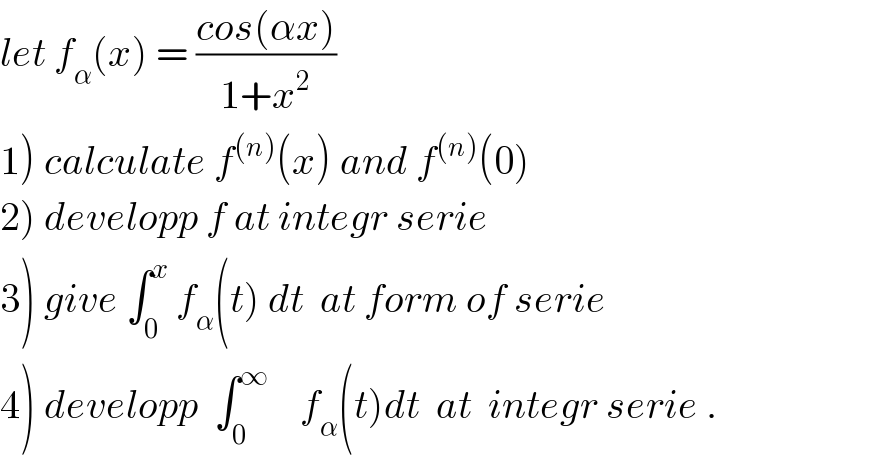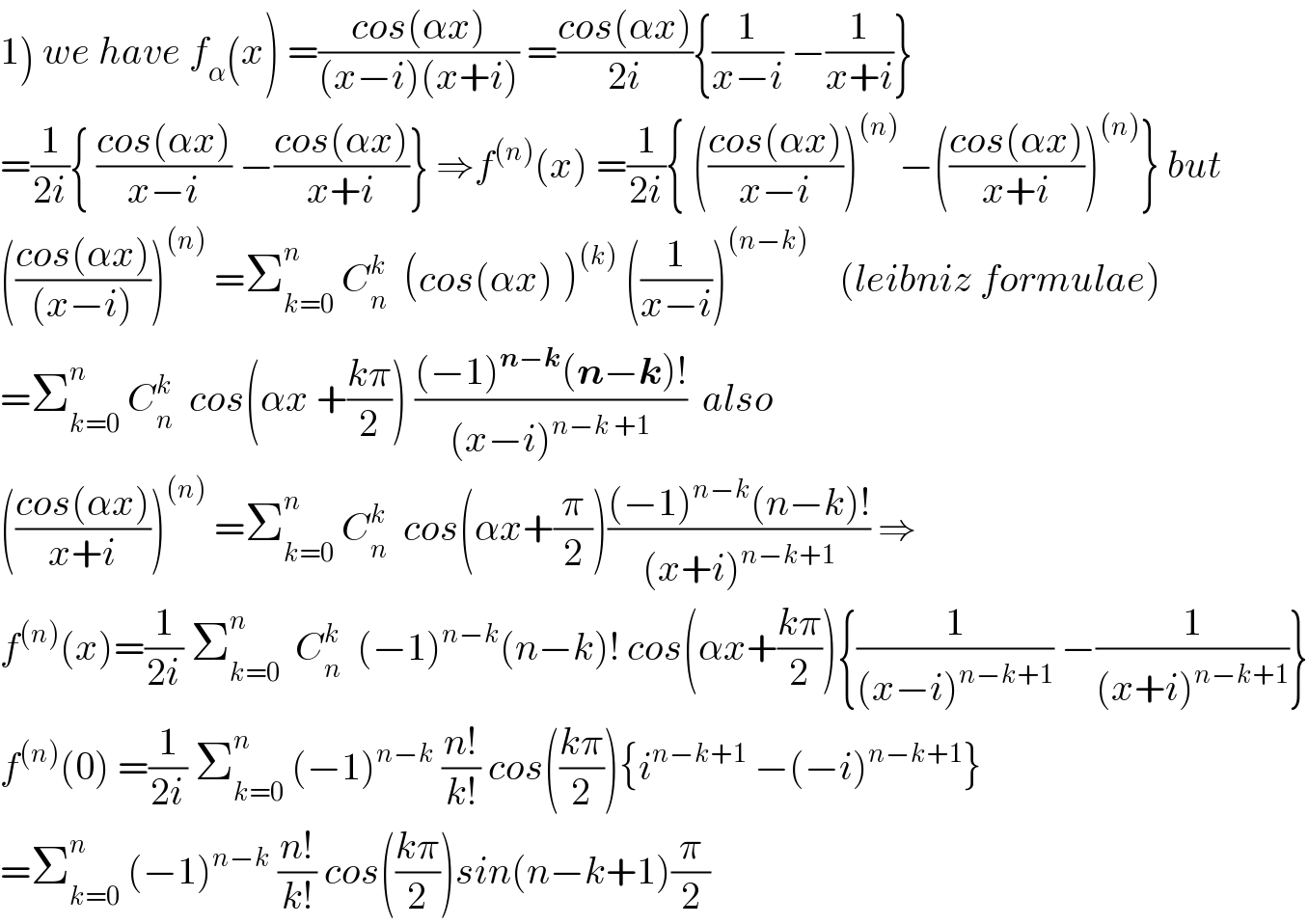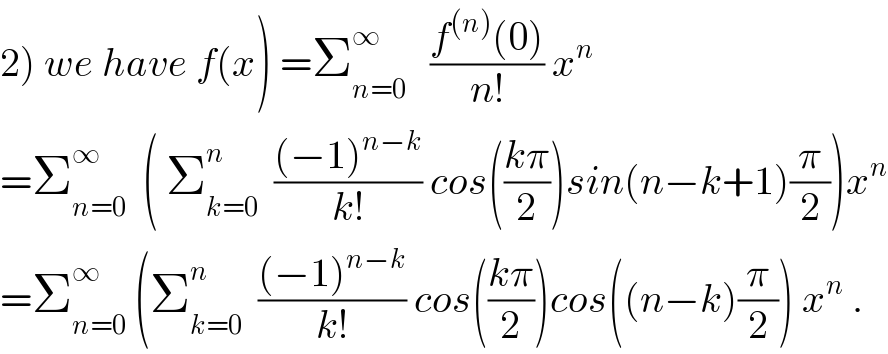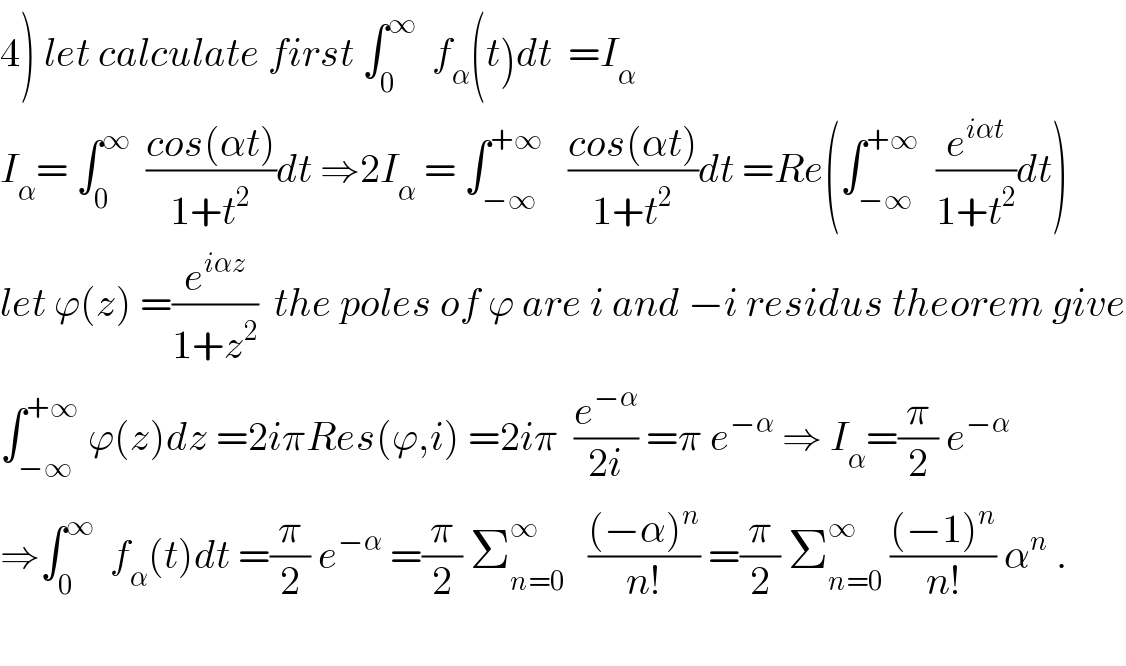
Question and Answers Forum
Question Number 44706 by maxmathsup by imad last updated on 03/Oct/18

Commented by maxmathsup by imad last updated on 04/Oct/18

Commented by maxmathsup by imad last updated on 05/Oct/18

Commented by maxmathsup by imad last updated on 05/Oct/18

Commented by maxmathsup by imad last updated on 05/Oct/18

